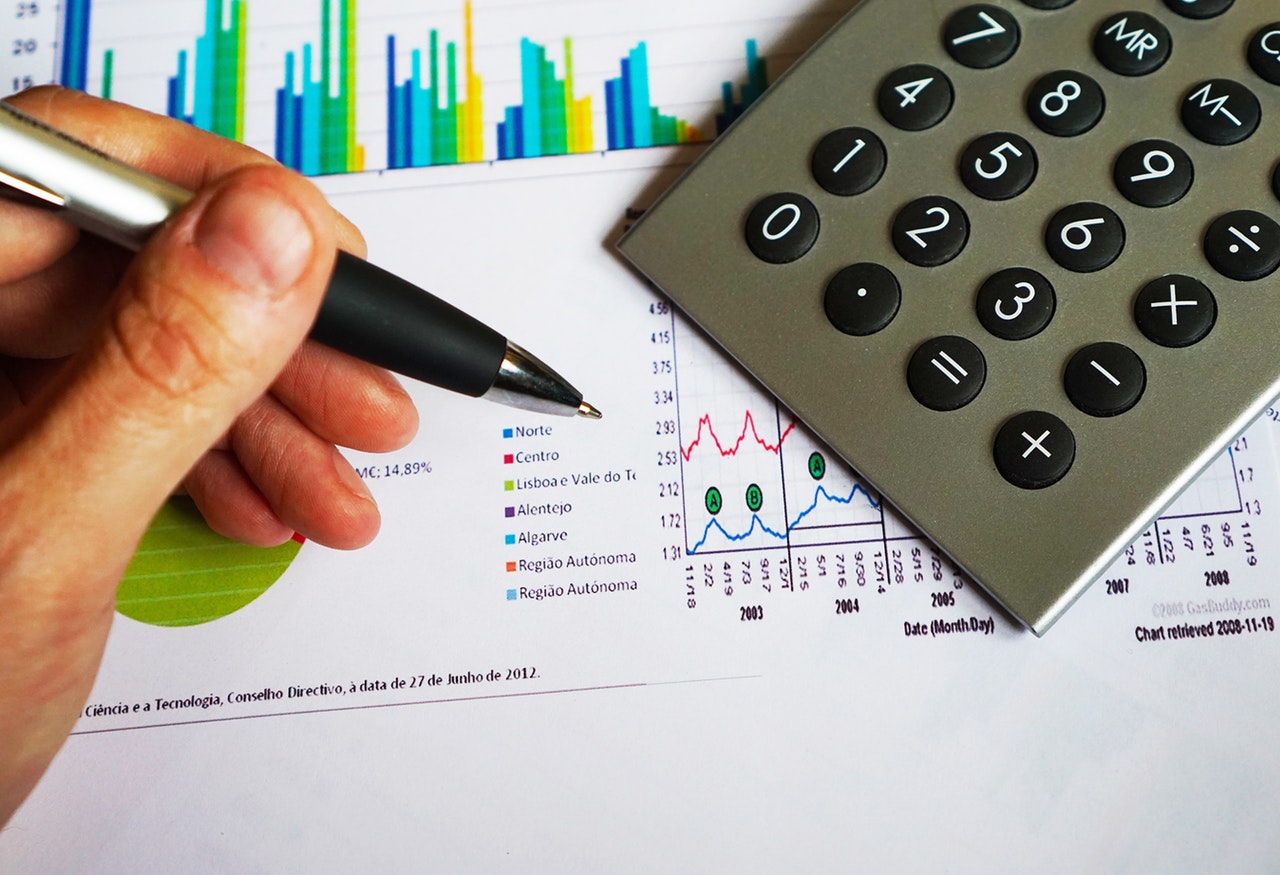by Travis LeBar

Now that you’ve decided this is the time to start looking for your first home (or even your next) let’s take a minute to talk about a budget.
Look, I get it, this isn’t the most fun part of buying your home, but in my opinion, it’s the most important. Before you start looking for homes and even before you start shopping for a loan, a good hard look at your monthly expenses is in order. But you need to be honest with yourself.
There’s a phrase that floats around the lending and real estate industry that I want every one of my borrowers to avoid and that’s being “house poor”. Essentially, you can pay your mortgage but you can’t afford to do anything else. Doesn’t sound awesome right? That budget sounds like a good idea now, doesn’t it? I’ll give you some tips on what to focus on and how to approach your budget so you can live a comfortable life.
1)Take home pay after Taxes
What do you and any other income-earners bring home after taxes each pay period? Average that number out for the year. Depending how you get paid you may have 24 or 26 pay periods in a year, then divide that by 12 for your monthly income. Seems obvious I know but trust the process.
example: $1,000 (every 2 weeks) x 26 pay periods = $26,000. $26,000 / 12 months = $2,166.67
2) Make a list of necessary expenses.
This list is for bills you pay every month (electric, cable, rent) and bills you may only pay on certain months (car insurance). Go through your bank statements and note which payments are necessary and which are totally optional. You can cut back on going out to eat or travel if necessary but you likely won’t want to completely cut it out.
3) Now consider what you are going to add by owning a home.
If you are going to buy a condo or a townhouse, will you add Homeowner’s Association fees? Your monthly payment will also now include real estate taxes and homeowner’s insurance which is likely going to be more than your current renter’s policy. You will also need to consider water, sewer and trash collection as well. It can be tough to guess at the last few costs on your own so I would suggest talking to some people in your target area.
4) Find your comfort zone
Now you know what you take home each month and what you spend on needs and wants. The number you are left over after your expenses (assuming you aren’t making any changes to spending patterns) will dictate what you can afford. You may very well be able to afford more than you feel comfortable paying each month. There are plenty of affordability calculators out there which will help you narrow down a price range, I listed a link to the one on Zillow’s website below. Don’t forget to add back in your homeowner’s insurance and real estate taxes if the calculator didn’t take them into account ahead of time.
Finding your comfort zone can be a confusing and frustrating process but it will make your search for a home that much easier. If you know what you feel comfortable spending, you give your realtor a better chance at finding your home quicker. If you don’t know where to start or want to talk to someone about working out your budget, talk to your lender, they are always willing to help.
Affordability calculator - <https://www.zillow.com/mortgage-calculator/house-affordability/
Travis LeBar - Centennial Lending Group
Senior Mortgage Consultant
NMLS # 1517701
tlebar@clg-llc.com
215-469-1000 ext 314





